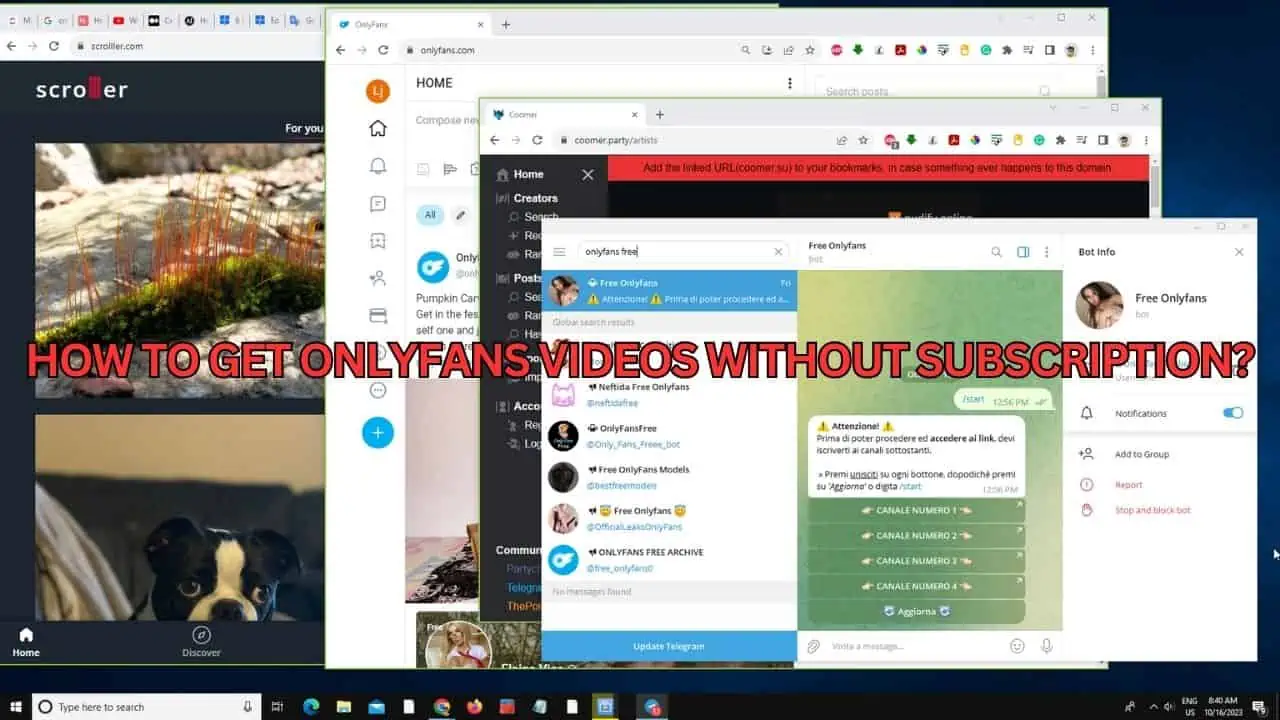Microsoft Working On Technology To Replace "Cookies"
4 min. read
Published on
Read our disclosure page to find out how can you help MSPoweruser sustain the editorial team Read more
Microsoft actively developing a new technology to replace tracking cookies; similar to independent projects being worked on by Apple, Google, Amazon, Facebook and others. Tracking cookies have come under scrutiny in recent years from regulators and privacy advocates. Third party tracking cookies especially are now easily blocked through built-in functions within browsers. Safari blocks third party cookies by default, Firefox is considering doing the same with a new release by the end of the year. Internet Explorer considered doing the same, but was swayed not to by an executive acquired through the purchase of aQuantive. Google’s Chrome browser of course has all cookies fully enabled to maximize ad revenue, surprise.
The Do Not Track functionality is also hurting advertisers with Internet Explorer leading the pack by having it enabled by default. Most browsers also have a private or “porn mode” which blocks many cookies when it is enabled.
Microsoft’s new technology looks to be able to enable tracking across desktop, tablets, smartphones, and the Xbox. This would also include Microsoft services including Bing. Tracking in mobile devices remains key. The big advantage of Microsoft’s technology is that it could track a user across a platform. Microsoft plans are in the early stages right now, and even the codename of the project is not known yet (calling MJF!).
Cookies are also irrelevant to TV and web-delivered video services, a limitation that leads some to predict the technology will become extinct. “For the past two to three years now, there has been a lot of talk about the impending death of the third-party cookie,” said Michael Schoen, EVP-programmatic product management at IPG Mediabrands.
Microsoft released a statement:
“We agree that going beyond the cookie is important. Our priority will be to find ways to do this that respect the interests of consumers,” a Microsoft spokesperson said in an email.
AdAge reports:
Microsoft’s cookie replacement would essentially be a device identifier, meaning consumers could give permission for its advertising use when opting in to a device’s regular user agreement or terms of service. Microsoft would then become directly responsible for users’ data and — assuming it doesn’t share it with third parties — confine privacy concerns to the Redmond, Wash.-based company rather than countless companies that currently collect data on people’s browsing behaviors.
At a basic level, Microsoft’s cookie replacement would take what’s already possible on desktop web browsers with third-party cookies and extend it to new devices like smartphones and connected TVs. For example, digital music video network Vevo could run a restaurant advertiser’s video spot in its Xbox app, then follow up with display banners targeted to viewers of that video ad when they check out Vevo’s app on their Surface tablet. Vevo could even add a banner in its Windows Phone app aimed to drive foot traffic for the restaurant.
Microsoft’s cookie replacement could also factor in behavioral data from company-owned services like Internet Explorer and Bing, sources said, meaning intent-laden search data could inform TV-style ads within streaming video apps on Xbox.
“In terms of identifying the same user across platforms, there has to be another way,” said eMarketer analyst Lauren Fisher.
“Not only would [Microsoft] be building out an ad ID, but they would also be building out a cross-channel attribution model, which everybody wants,” said The Media Kitchen president Barry Lowenthal.
Mr. Schoen said that Microsoft and Google would have a hard time hoarding that data because advertisers would expect the identifiers to plug into the systems advertisers and agencies use to buy and measure media across different properties. Advertisers are also unlikely to adopt a technology unique to Microsoft products and services.
On the other hand, a cookie replacement that would work on Xbox would likely fuel advertiser interest, considering the gaming console has become more of a connected TV device. Last year 46 million people consumed 18 billion hours of non-gaming entertainment such as movies and TV shows on the console, Xbox marketing executive Yusuf Mehdi said earlier this year. “That’s a strong audience base that would certainly be a benefit,” Ms. Fisher said. “It’s a great opportunity to connect the typical digital channel with the TV channel,” Mr. Schoen said.
Source: Ad Age









User forum
0 messages